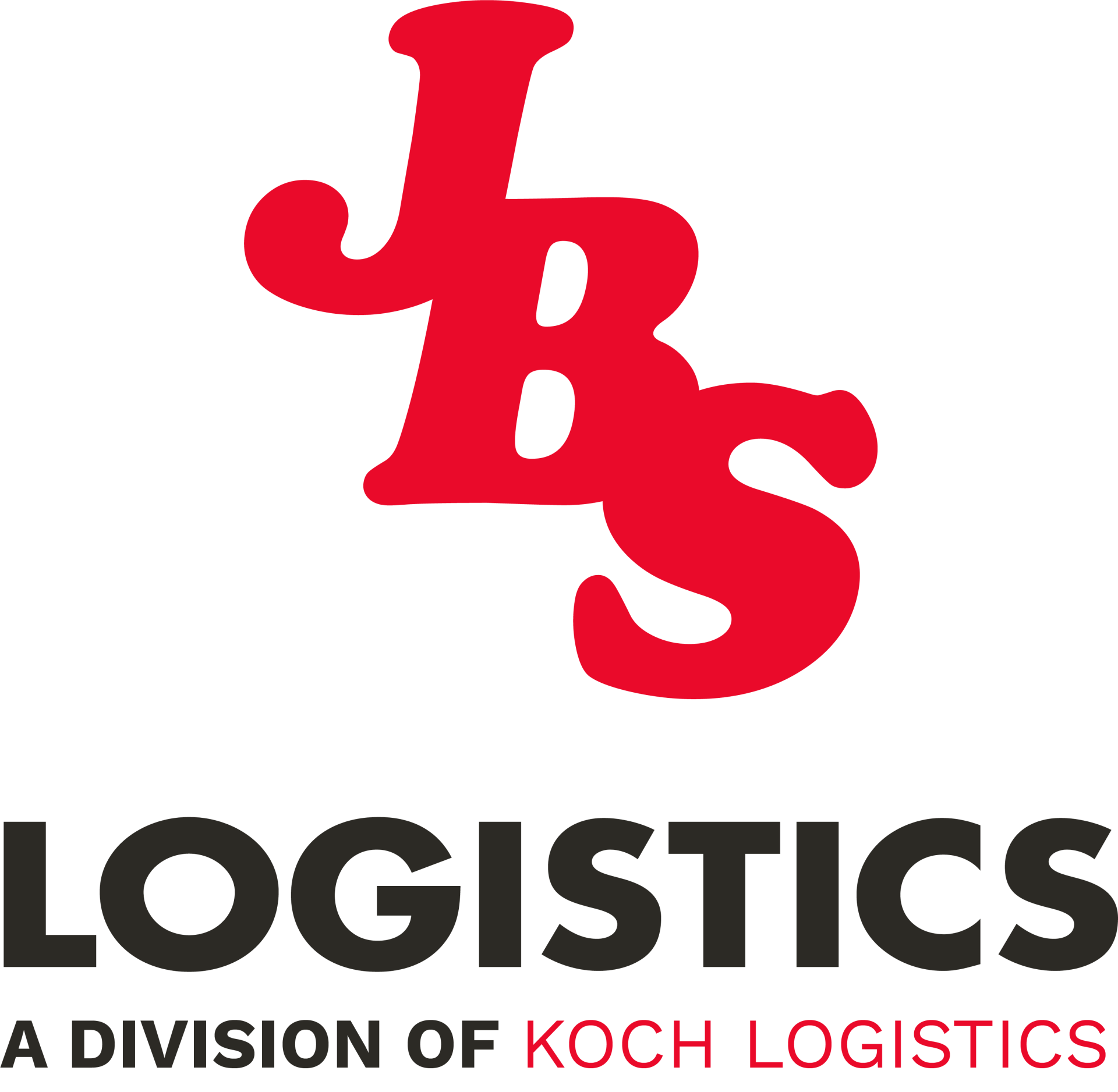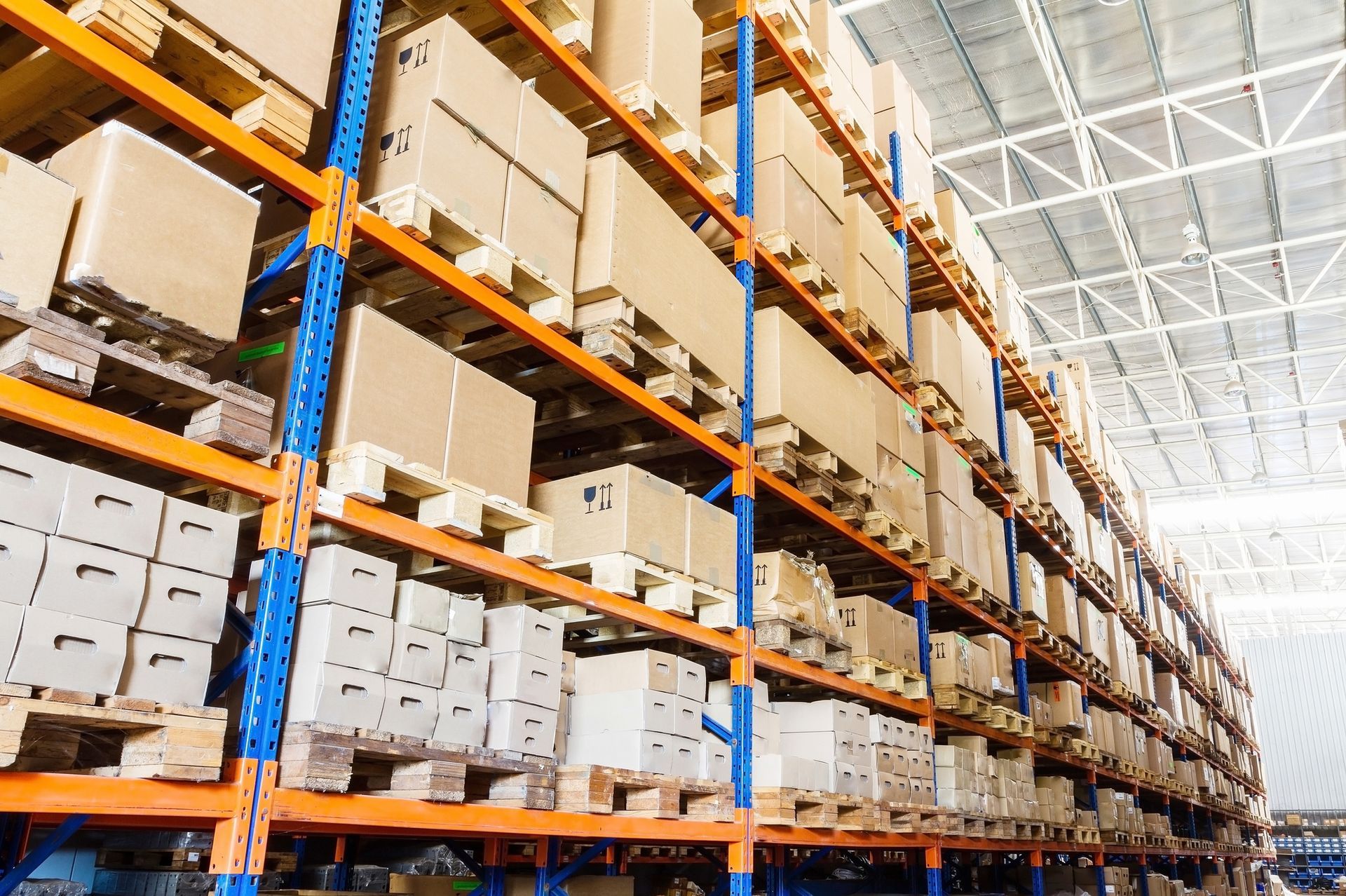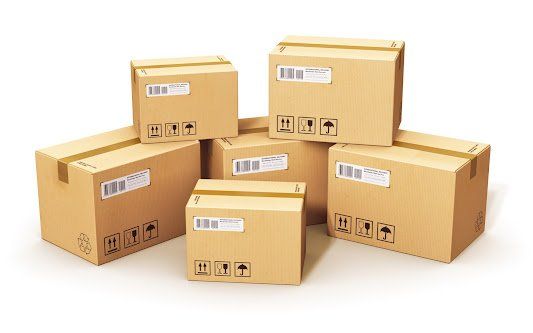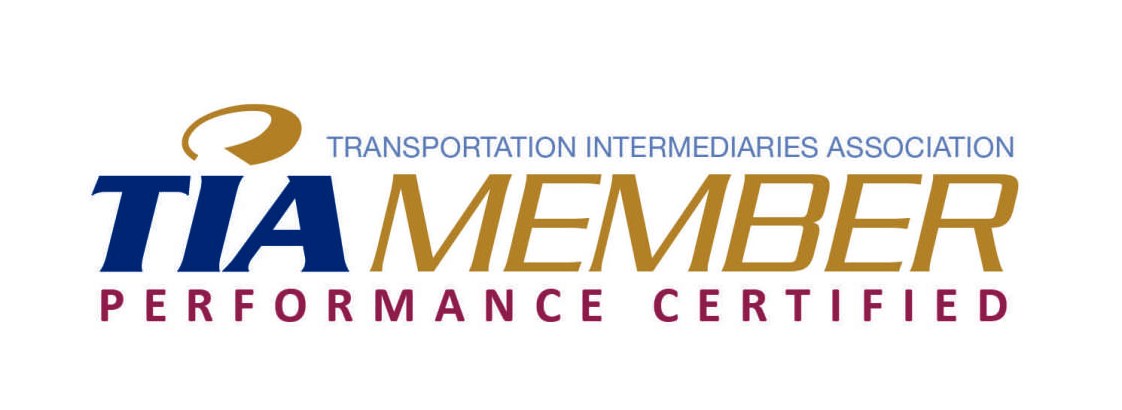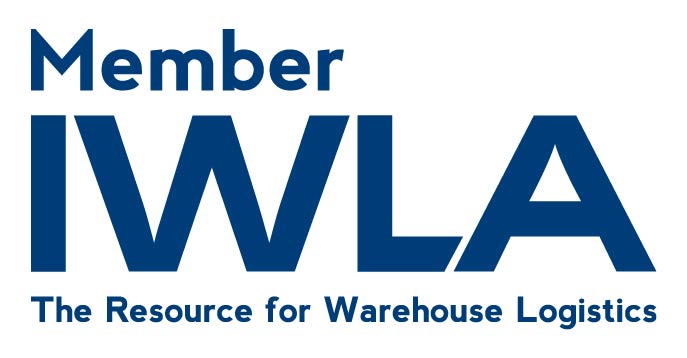Hidden LTL Costs and How to Avoid Them | JBS Logistics Inc.

The extra charges that occur on your less-than-truckload (LTL) shipment's bill of lading make up the accessorial fees, and shippers charge them for additional services required by the nature of some cargo. The fees include factors like storage, wait time, and extra fuel.
You need to understand the reasons LTL carriers bill for accessorial fees so that you plan your shipments better. The following is a list of potential charges that you can overlook and recommendations on how you can avoid or minimize them.
Misinformation on the BOL
If your shipper doesn't use your bill of lading (BOL) or you have included incorrect information, they will generate a new bill at an additional fee. Misinformation may be in the form of an incorrect address, exclusion of other services, or inaccurate freight class.
When you speak to your carrier, give them all details about your shipment needs. Don't ignore facts you consider small. Crosscheck details, such as class, weight, and address to ensure what you have is accurate. If you are charged for any other services, your carrier will inform you in good time and save you from unforeseen costs.
Limited Access
If your shipment needs to be picked up in or delivered to hard-to-reach locations or if it requires smaller trucks, you may incur additional costs. Despite that, you can limit the expense if you address this detail when you quote.
Do not assume that limited access locations are terrible or have rough roads. Examples include schools, airports, military bases, prisons, construction sites, and funeral homes. Check whether your delivery location has limited access to stay on the safe side with your carrier.
Overlength and Overweight
Based on your shipper, you can ship a maximum length and weight of goods. If you exceed the specified rates, you will have to pay more than what you would have paid if you maintained the standard measurements.
If you do not have a scale, do not indicate an approximate weight. LTL carriers usually reweigh the freight and charge you more if they find discrepancies. Hence, you can incur charges on the additional weight and reweigh services. You should also check with your shipper to get their standard length and weight.
Transportation of Hazardous Materials
You will need a dangerous goods declaration document if your LTL shipment contains hazardous chemicals or materials — failure to acquire the documentation when you quote will attract extra fees. Additionally, your shipment can experience delays and attract further charges.
If your cargo contains hazardous substances, have all your documents at hand. You may need to provide copies at terminals and checkpoints to ensure you have the correct documentation in good time.
Blind Shipments
Blind shipments are those without the customer's or recipient's name on the bill of lading. You can exclude the sender and receiver details if you wish to keep the parties' information confidential, but you will have to pay an additional charge called a blind fee for that.
Shippers allow blind shipment for various reasons. Nonetheless, you should notify your LTL carriers in advance to avoid bills you had not budgeted.
Liftgate Services
If your shipper delivers your goods to a residential premise and not a warehouse or a place with a loading dock, you need a truck with a liftgate/hydraulic lift. The liftgate lowers the goods from the car to the ground by a mechanical system. If your goods are heavy or delicate, you will likely require the use of a hydraulic lift.
If your cargo pickup or delivery location is a private residence or remote location, you may need a hydraulic lift. Again, there are fees attached, but you will avoid surprise fees you probably haven't budgeted if you state the need for one when you quote.
Conclusion
Hidden costs occur most of the time due to guesswork and inadequate preparation. If you have a reliable LTL company, you can consult them when unsure of anything. At JBS Logistics Inc., we help you ship your goods effectively and guide you if needed.
